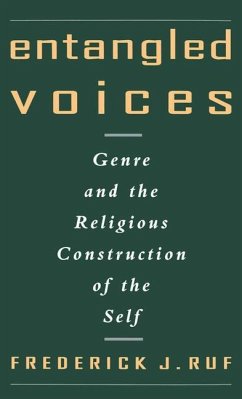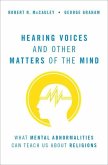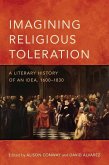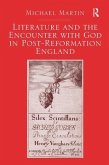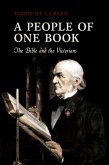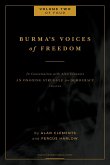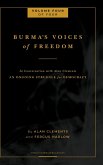In this book, Ruf tries to understand how the concepts of "voice" and "genre" function in texts. To this end, he joins literary theorists in the discussion about "narrative". Ruf rejects the idea of genre as a fixed historical form that serves as a template for readers and writers; instead, he suggests that we imagine different genres, whether narrative, lyric, or dramatic, as the expression of different voices. Each voice, he asserts, possesses different key qualities: embodiment, sociality, contextuality, and opacity in the dramatic voice; intimacy, limitation, urgency in lyric; and a "magisterial" quality of comprehensiveness and cohesiveness in narrative. These voices are models for our selves, composing an unruly and unstable multiplicity of selves. Ruf applies his theory of "voice" and "genre" to five texts: Dineson's Out of Africa, Donne's Holy Sonnets, Primo Levi's The Periodic Table, Robert Wilson's Einstein on the Beach, and Coleridge's Biographia Literaria. Through these literary works, he discerns the detailed ways in which a text constructs a voice and, in the process, a self. More importantly, Ruf demonstrates that this process is a religious one, fulfilling the function that religions traditionally assume: that of defining the self and its world.
Bitte wählen Sie Ihr Anliegen aus.
Rechnungen
Retourenschein anfordern
Bestellstatus
Storno

